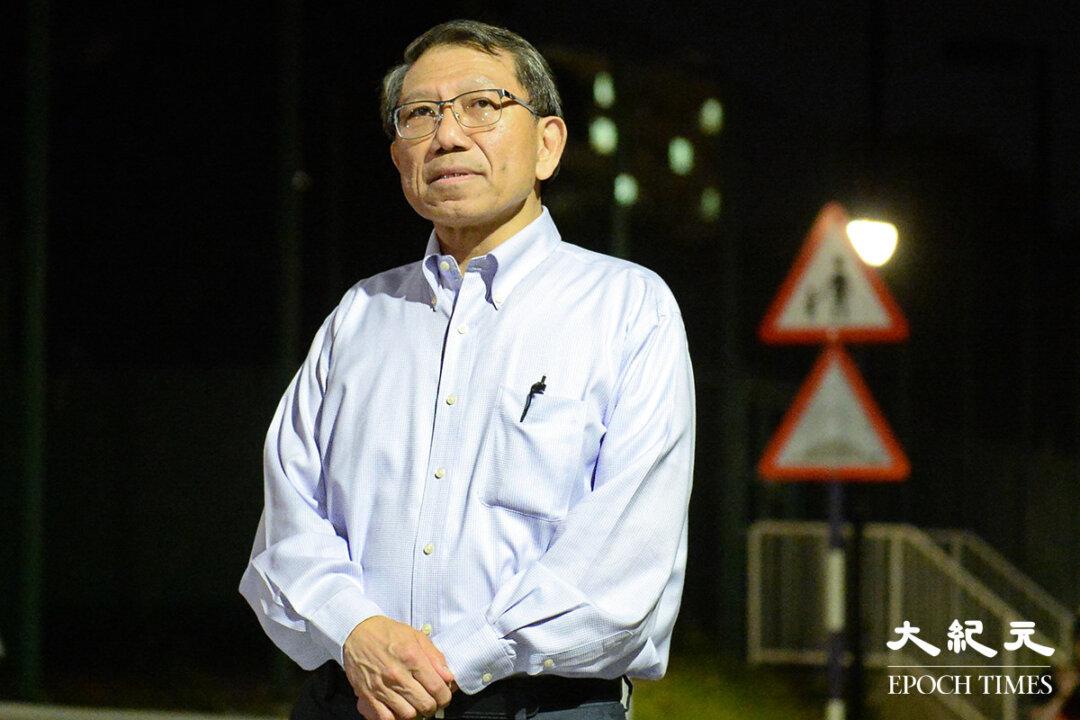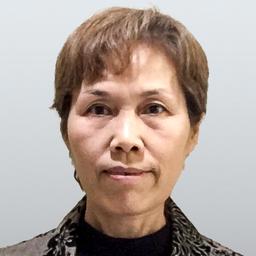The Board of Trustees for the Chinese University of Hong Kong (CUHK) recently announced the reappointment of Dr. Rocky Sung-chi Tuan as president for a three-year term that would end on December 31, 2026. The decision was reached after a debate regarding Dr. Tuan’s support of students during the 2019 anti-extradition bill protests in Hong Kong.
Born in Hong Kong, Dr. Tuan received his Ph.D. in Life Sciences in 1977 from Rockefeller University in New York. His extensive academic career began in 1980 as a professor at the University of Pennsylvania’s Department of Biology. In 1988, he joined Thomas Jefferson University (in Pennsylvania) as Director of Orthopaedic Research, and Professor and Vice-Chair of the Department of Orthopaedic Surgery. While at Jefferson, Dr. Tuan established the first Cell and Tissue Engineering Ph.D. program in the United States.





